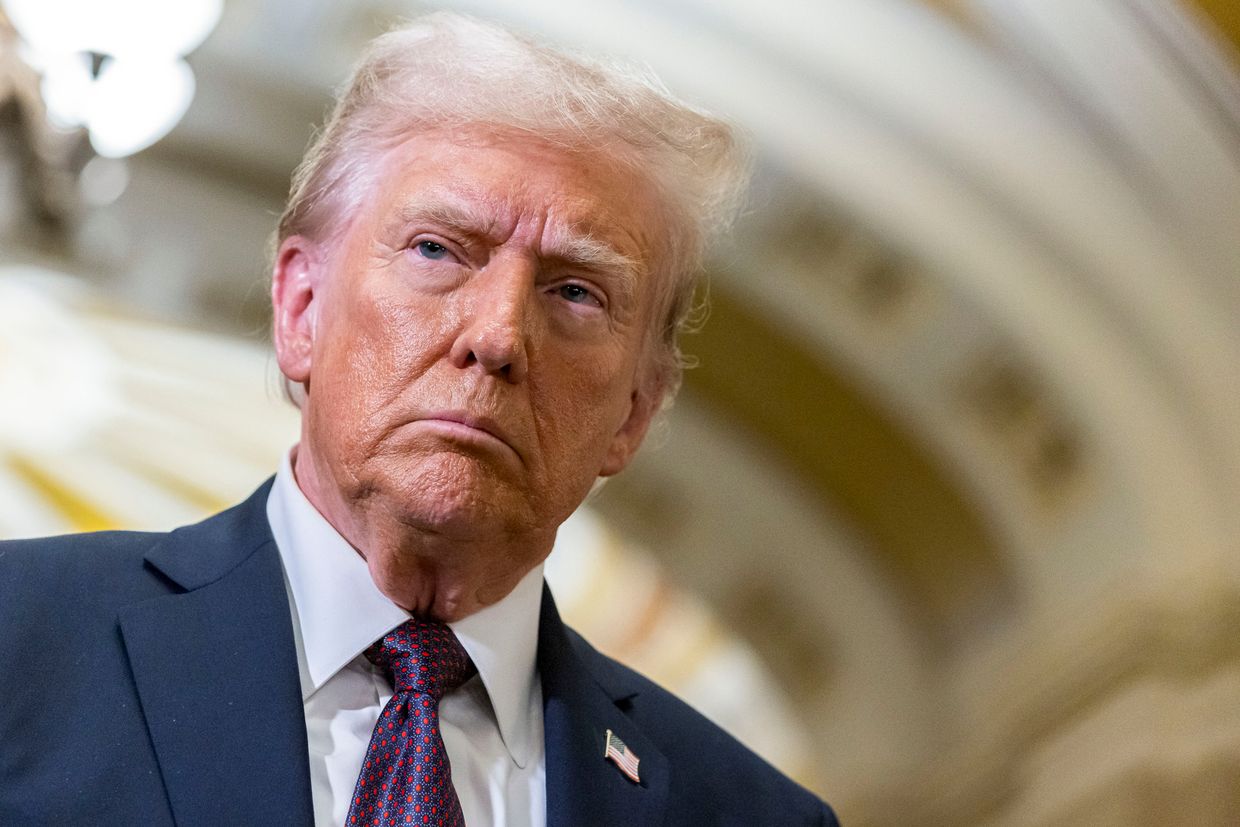Russia excluded from US tariff list due to ongoing ceasefire negotiations, White House says

White House National Economic Council Director Kevin Hassett said on April 6 that Russia was excluded from the U.S. tariff list due to ongoing peace negotiations with Ukraine.
In an interview with ABC News, Hassett explained that U.S. President Donald Trump “made the decision not to conflate the two issues,” and that he is focusing on negotiations.
“It’s not appropriate to throw a new thing into these negotiations right in the middle of it. It's just not,” Hassett said.
Hassett argued that introducing new tariffs during peace talks would risk disrupting diplomatic progress.
“Would you literally advise that you go in and put a whole bunch of new things on the table in the middle of a negotiation that affects so many Ukrainian and Russian lives? No, no,” he said.
Trump’s new tariff policy, announced as part of what he called "Liberation Day," imposed duties on nearly every major U.S. trading partner, including Ukraine. Kyiv was hit with a 10% tariff, compared to 20% on the EU and 54% on China.
Russia, Belarus, North Korea, and Cuba were notably not included.
Economy Minister Yuliia Svyrydenko said that the Trump administration's latest tariffs are likely to be "difficult, but not critical" for Ukraine's economy.
Ukraine's exports to the U.S. in 2024 amounted to $874 million, including $363 million in cast iron and $112 million in pipes, Svyrydenko said on Facebook. The same year, Ukraine imported $3.4 billion worth of U.S. goods.
The White House’s decision to exclude Russia from the tariff list comes amid growing signs of diplomatic and economic engagement between Washington and Moscow.
Last week, Kremlin negotiator Kirill Dmitriev visited the United States and expressed “cautious optimism” about the future of Russian-American relations, emphasizing a focus on investment cooperation and the beginning of “respectful, good dialogue.”












